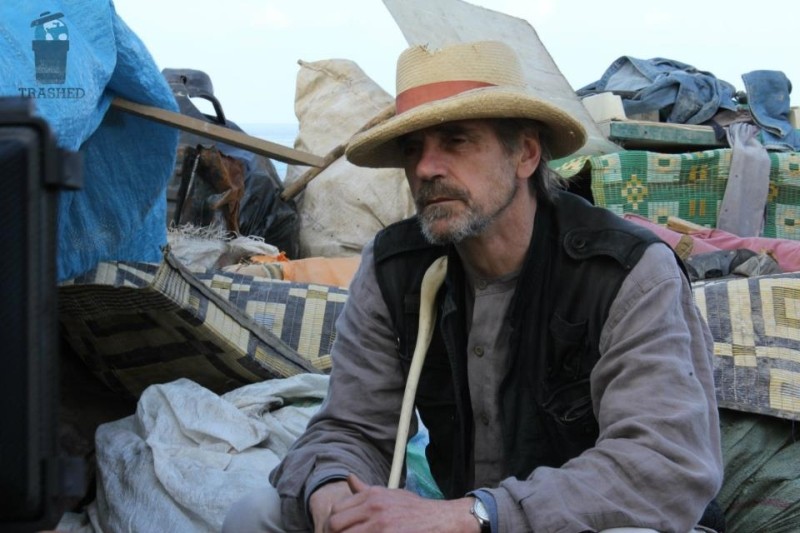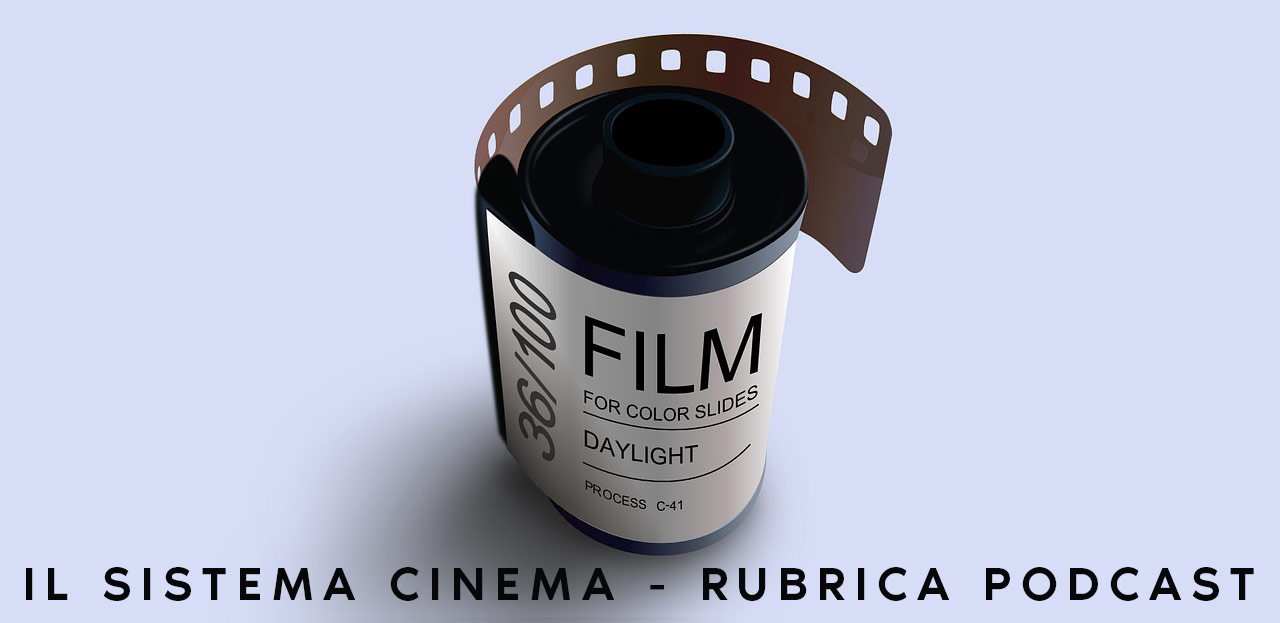
EUROPE’S LEADING INDEPENDENT FILM FESTIVAL TAKES A STAND AGAINST POLLUTION
Today begins the Raindance Film Festival in London where the docu-feature Trashed is presented to the public. The screening will be on Saturday 29th September at 9.00pm at the Apollo Piccadilly Cinema.
Trashed aims at making people react about what is happening all around them. The planet is falling apart because of us, because of the mountains of rubbish we create, of household trash, of toxic fluids… Jeremy Irons is our guide during a journey that takes us to some beautiful places totally ravaged by human beings and the pollution we cause.
This Blenheim Films production shows us how the beauty of our planet from space forms a violent contrast to the scenes of human detritus across the globe. Nevertheless, producer and director Candida Brady wanted to do a meticulous, brave investigative journey that takes Irons and us from skepticism to sorrow, from horror to hope. We may be still in time to wake up and realize what we are doing to ourselves.
Each year, we now throw away fifty-eight billion disposable cups, billions of plastic bags, 200 billion liters of water bottles, billions of tons of household waste, toxic waste and e-waste. What happens to all this waste once we throw it away? Jeremy Irons shows us: on a boat in the North Pacific he faces the reality of the Great Pacific Garbage Patch and the effect of plastic waste on marine life. We learn that chlorinated dioxins and other man-made Persistent Organic Pollutants are attracted to the plastic fragments. These are eaten by fish, which absorb the toxins. We then eat the fish, accumulating more poisonous chemicals in our already burdened bodies. So, to make a long story short, it comes all back to us!
Jeremy Irons not only explains to us what the problem is, but he also tells us what to do to try and change our habits to make the earth “cleaner”. “We’re making this movie, because there are so many people who feel strongly the urgent need for the problem of ‘waste’ and ‘sustainability’ to be addressed,” Irons says. “There is an equally urgent need for the most imaginative and productive solutions to this troublesome subject to be understood and shared by as many communities as possible throughout the world. This is where movies can play such an important role, educating society, bringing ‘difficult’ subjects to the broadest possible audience. If you look at Al Gore’s Inconvenient Truth, like it or loathe it, everyone’s heard of it. Potentially movies have the power to reach everyone, touch us on an emotional level and to galvanize us.”
Irons introduces us to some individuals who have changed their lives and produce almost no waste; he wants to increase anti-waste legislation; he shows us an entire city which is now virtually waste-free. Change is not only essential, it is happening.
We certainly hope this documentary will serve its purpose and make people aware that every single little thing they do is important. We need to take more care of our own planet and we really are happy that today some people still care enough about our planet to make a movie in order to let people know what is going on! This way, we can stop acting careless before it is too late.



